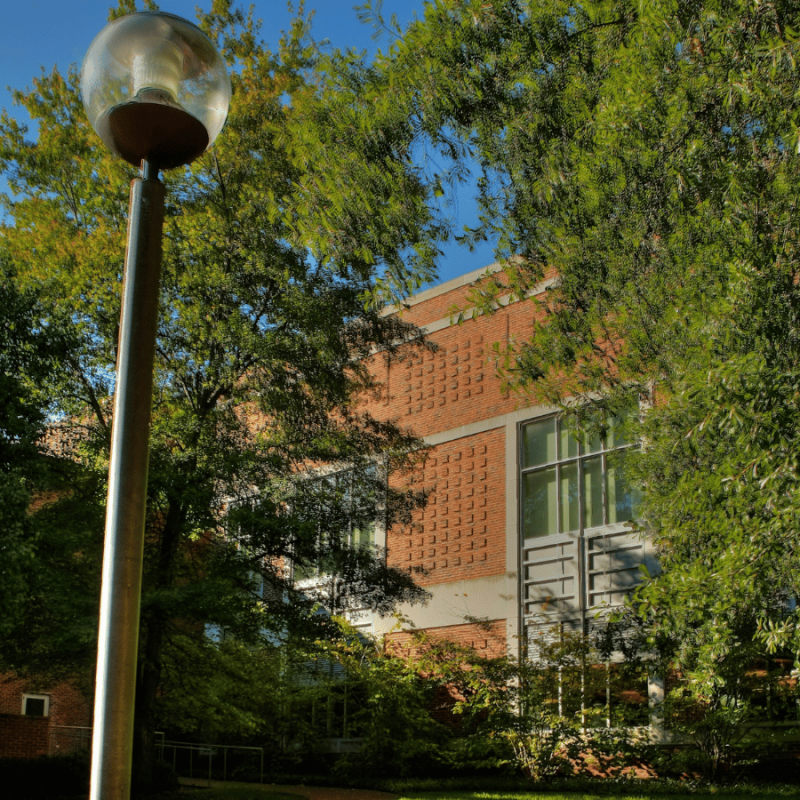J.D. Costs & Financial Aid
J.D. Costs & Financial Aid
Learn More

Overview
At Vanderbilt, we are committed to controlling tuition costs, providing substantial scholarship assistance, and offering strategies and tools for students managing expenses, debt, and personal finances.
- Vanderbilt Law merit scholarships and need-based grants awarded in the admission process automatically renew each semester the recipient is enrolled in the Law School.
- Through the generosity of Vanderbilt Law alumni, the Law School provides innovative Access2VLS need-based grants to entering J.D. students with the greatest financial need for tuition funding.
- Vanderbilt Law does not award conditional scholarships. Students must remain in good academic standing to retain their Law School scholarships or grants. Good academic standing requirements can be found in the Academic Regulations section of the Law School Catalog.
- Federal Direct Loans are available for tuition costs not covered by scholarships / grants as well as for living expenses.
- MAX, a comprehensive personal finance program created exclusively for law students by AccessLex, is available to our J.D. students free of charge throughout their time at Vanderbilt Law School.
- First-year orientation includes a "Strategies for Smart Borrowers" session with Dr. Jeffrey Hanson of Jeffrey Hanson Education Services.
Admitted Applicants
- During the J.D. 1L admission process, all admitted applicants are automatically considered for Law School merit scholarships that are awarded in varying amounts based on an individuals' full application for admission in the context of the admitted pool. And in a separate, subsequent process, admitted students may request consideration for Access2VLS need-based grants, which are allocated to those with the greatest need for funds to pay tuition costs not covered by their Vanderbilt Law School merit scholarships.
- Admitted applicants who submit Law Scholars Merit Award applications by January 10 will be considered for those awards.
- Admitted applicants who submit applications for the Raymonde Paul Scholarship in International Legal Studies will be considered for that award.
- Admitted applicants who submit the FAFSA to Vanderbilt University will receive a Financial Aid Award Notice showing federal or other student loans available and any scholarships received.
Enrolled Students
Current first-year students may apply for the following awards during the second semester:
- Garrison Social Justice Scholars
- Helen Strong Curry International Legal Scholars
- Cheek Business Law Scholars
Enrolled students may receive stipend and fellowship funding for summer pro bono work through a number of sources within the law school.
Alumni
Have Questions?
If you have any questions about the application process, please contact the Admissions Office at 615-322-6452 or admissions@law.vanderbilt.edu.